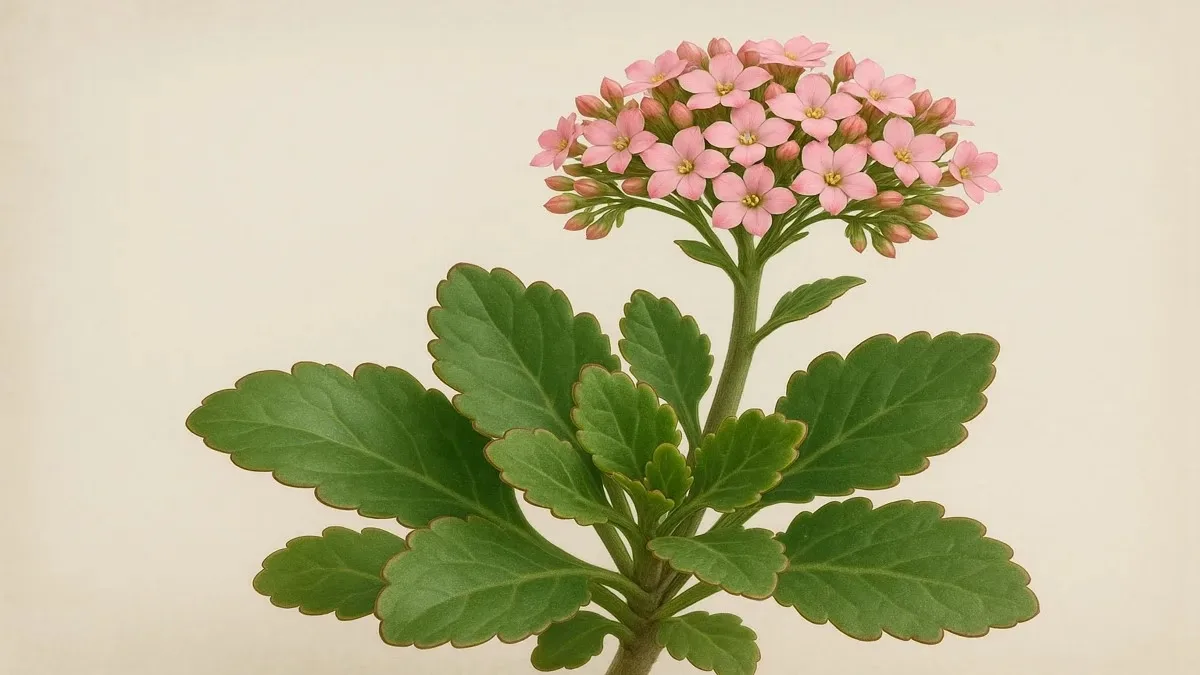Kidney Stones Ayurvedic Treatment
Introduction
Kidney stones are a painful yet common urinary system disorder that affects millions of people worldwide. Formed by the crystallization of waste materials in the urine, these stones can obstruct the urinary flow and lead to severe discomfort. This guide will explore the symptoms, causes, and Ayurvedic home remedies for kidney stones, along with essential diet tips and lifestyle dos and don’ts.
What Are Kidney Stones?
Kidney stones, or renal calculi, are hard deposits made of minerals and salts that form inside the kidneys. They can vary in size and shape and may remain in the kidneys or travel down the urinary tract, causing significant pain and complications.
Common Symptoms of Kidney Stones
- Difficulty in urination
- Passing urine drop by drop instead of a continuous flow
- Complete stoppage of urine
- Presence of blood in urine
- Pain during urination or in the lower abdomen and back
These symptoms indicate the obstruction caused by stone formation in the urinary tract.
Primary Causes of Kidney Stones
The kidneys play a crucial role in filtering waste and excess fluid from the blood. When the blood becomes overly acidic or is contaminated with toxins, the filtration burden on the kidneys increases. This imbalance may lead to:
- Crystallization of waste products in urine
- Poor filtration due to overburdened liver or heart
- Sedimentation of minerals in the urinary system
- Impaired urine flow, allowing crystals to form
When these crystals accumulate, they form stones of varying sizes, which obstruct the urinary passage and cause severe pain during excretion.
Natural Ayurvedic Remedies for Kidney Stones
1. Linseed or Kulattha (Horse Gram) Infusion
Soak 2 tolas (approx. 24g) of linseed or horse gram overnight in 1/8 seer (approx. 145ml) of hot water. Drink this water the next morning. It helps ease urinary obstruction and promote stone expulsion.
2. Patharkuchi (Bryophyllum) Leaf Juice
Take 2 tolas (approx. 24ml) of patharkuchi (Bryophyllum pinnatum) leaf juice mixed with water daily. This natural remedy helps break down stones and promotes smooth urination.
3. Hydration with Lemon Water
Drink plenty of water throughout the day—at least 8-10 glasses. Add lemon juice to water regularly as citric acid helps prevent stone formation and aids in dissolving smaller stones.
4. Boiled Milk with Haritaki (Myrobalan) Seed
Boil milk with a single myrobalan seed (Haritaki). Remove the seed and consume the milk. This helps in detoxifying the urinary tract and supporting kidney function.
5. Herbal Decoction for Quick Relief
Make an herbal decoction using equal parts of:
- Myrobalan (Haritaki)
- Muthá (Cyperus rotundus)
- Lodhá (Symplocos racemosa)
- Banyan fruit
Extract and consume 2 tolas (approx. 24ml) of this mixture daily for relief from kidney stones.
Diet Guidelines for Kidney Stone Patients
✅ What to Eat:
- Water-rich foods like cucumber, watermelon, muskmelon
- Alkaline fruits such as lemon, oranges, and bananas
- Lime water and barley water
- Light, non-spicy, and non-oily food
- Low-oxalate vegetables like cabbage, cauliflower, and pumpkin
❌ What to Avoid:
- Salty and fried food
- Excess protein or red meat
- Oxalate-rich foods: spinach, beetroot, tomatoes, nuts
- Excessive tea and coffee
- Carbonated and sugary beverages
Lifestyle Dos and Don’ts
✅ Dos:
- Drink 3-4 litres of water daily
- Maintain regular urination intervals
- Practice fasting with water and lemon juice (under guidance)
- Stay physically active with mild yoga or walking
- Consult with an Ayurvedic practitioner for long-term remedies
❌ Don’ts:
- Avoid fasting without water
- Don’t suppress the urge to urinate
- Avoid self-medication with painkillers
- Don’t delay treatment if pain intensifies or blood appears in urine
Final Thoughts
Kidney stones, though painful, can be effectively managed and prevented through proper hydration, diet, and the use of traditional natural remedies. Early diagnosis and regular intake of water and natural stone-dissolving agents like lemon and Ayurvedic herbs can help prevent recurrence. Always consult a healthcare expert or an Ayurvedic practitioner before starting any treatment plan.
Our guide on gallstone Ayurvedic treatment explains herbal therapies for relief.
Effective home remedies for diabetes in Ayurveda are shared in this article.
“For more wellness articles, browse our Complete Health Blog.”
Frequently Asked Questions:-
Q1. What are kidney stones?
Ans: Kidney stones are hard, crystal-like deposits formed from minerals and salts in the kidneys. They can cause severe pain when passing through the urinary tract.
Q2. What causes kidney stones according to Ayurveda?
Ans: Ayurveda explains kidney stones (Mutrashmari) as a disorder of Vata, Pitta, and Kapha imbalance combined with poor digestion, excess salt, dehydration, and accumulation of toxins (Ama).
Q3. What are the common symptoms of kidney stones?
Ans: Sharp pain in the back, abdomen, or groin
Burning sensation during urination
Blood in urine (hematuria)
Nausea, vomiting, and frequent urge to urinate
Difficulty or painful urination
Q4. Can Ayurveda remove kidney stones naturally?
Ans : Yes. Ayurveda uses herbal medicines, diet corrections, and detox therapies to help break down stones, flush them out, and prevent recurrence. Larger stones may require medical or surgical treatment.
Q5. Which Ayurvedic herbs are beneficial for kidney stones?
Ans : Pashanbheda (Bergenia ligulata) – helps dissolve stones
Gokshura (Tribulus terrestris) – improves urinary health
Varuna (Crataeva nurvala) – prevents stone formation
Punarnava (Boerhavia diffusa) – reduces swelling and cleanses kidneys
Kulattha (Horse gram) – promotes stone expulsion
Trusted External Resources
For more information on Ayurveda, yoga, and natural wellness, explore these authoritative resources:
